detail profile k c3 a1lm c3 a1n r c3 b3zsahegyi
Peran Yang Di Mainkan Kálmán Rózsahegyi
 The flat of Doctor Bartha is...
The flat of Doctor Bartha is...Tale on the 12 Points 1957
The flat of Doctor Bartha is wetting, the Communal Management Enterprise does not act, the doctor and his wife are at the edge of divorce. Géza would marry his colleague, Kató, but mum is sick, the apartment is small, no money. Uncle Károly is fed up with unsuitable, charlatan business managers. Vali would marry, in order not to live on Titi and Piri any more, but the selected man wants to have a woman with her own apartment. All of them have a chance by the lottery, especially by hitting twelve scores.
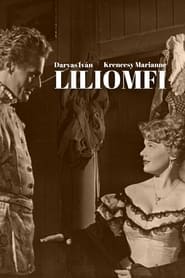 Liliomfi is a 1954 Hungarian comedy film...
Liliomfi is a 1954 Hungarian comedy film...Lily Boy 1955
Liliomfi is a 1954 Hungarian comedy film directed by Károly Makk. It was entered into the 1955 Cannes Film Festival. Set in the "Golden Era" of the wandering Hungarian theatre troupes. Mariska and Liliomfi fall in love without suspecting that Mariska's foster father, Professor Szilvay, is also Liliomfi's uncle. Soon the couple must contend with the professor's plan to make Liliomfi give up his "unrespectable" profession of acting by exposing the professor's hypocrisy, greed, and tyrannical selfishness.
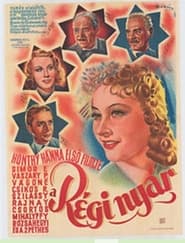 It rarely happens that a parent...
It rarely happens that a parent...Régi nyár 1942
It rarely happens that a parent is not happy that their son is serious, hardworking and interested in nothing but work and the land. Well, our Péter Tamássy is like that. Péter's son is only interested in farming, so the father, who was a playboy in his youth, decides that before Péter gets married, he will introduce him to society a little. And to make sure that the child gets into good company, he entrusts him to his old love, the prima donna Ria. (Honthy Hanna in a wonderful movie role.)
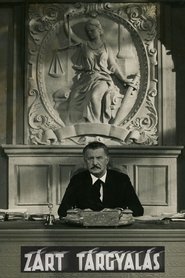 dr Benedek Gbor a famous solicitor...
dr Benedek Gbor a famous solicitor...Closed Court 1940
dr. Benedek Gábor, a famous solicitor in Eger, is the defense counsel of a murderer, who killed his wife out of jealousy. Gábor lives in a happy marriage with Anna. One day, however, Szentgyörgyi Péter, a famous pianist, comes to Eger. He once was loved by Anna, who in those days was training to become an artist herself. Gábor has no knowledge of these events of the past. He, therefore, associates the now renewed relationship with the story of the murderer he is the legal representative of.
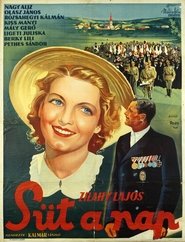 The village is preparing for the...
The village is preparing for the...The Sun Shines 1938
The village is preparing for the celebration of Mihály Sámson's entry to the Vitéz Order. There's a great competition for roles in the amateur theatrical performance, and the choir is practicing. Two girls compete for the attention of Gyula Kopácsi, the railway traffic controller: Jolán, the postal clerk, and the pastor's daughter, Sárika. Jolán's mother spreads rumors during the rehearsal of the performance that Kopácsi has already proposed to her daughter, even though he's actually leaning towards Sárika. However, at the celebration, Sárika and Sámson notice each other...
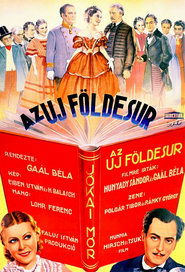 Az Uj Foldesur The New Squire...
Az Uj Foldesur The New Squire...The New Landlord 1935
Az Uj Foldesur (The New Squire) was based on a novel by popular Hungarian author Maurice Jokal, whose many works had previously been largely ignored. After the wars of 1848, a retired Austrian army officer "returns to the soil" as a gentleman farmer in Hungary in the 1850s. The old campaigner is the father of two daughters: One of the girls comes to a sad end thanks to the malfeasances of a handsome spy, but the other has a happier fate when she falls in love with a Hungarian POW. The underlying theme is brotherhood, as the formerly warring Austrians and Hungarians at last find a common ground. Az Uj Foldesur was nearly twice as expensive as the average Hungarian film -- but at $40,000, its budget was a drop in the bucket compared to a typical Hollywood production.
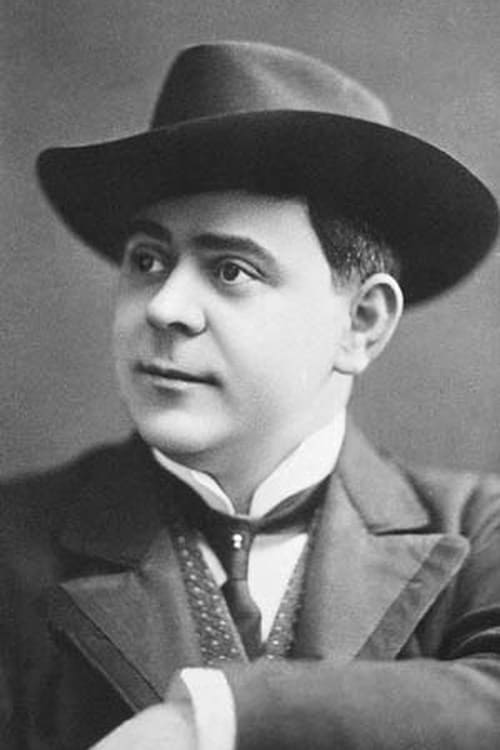

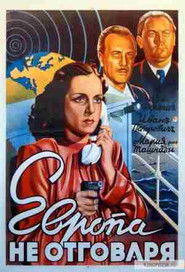 On 26th of August 1939 the Ocania1...
On 26th of August 1939 the Ocania1... Venice Film Festival 1940
Venice Film Festival 1940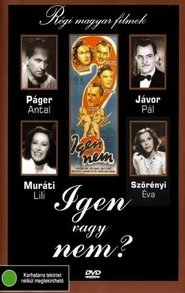 How did a beautiful American divorcee...
How did a beautiful American divorcee...
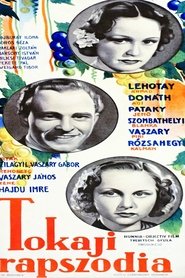
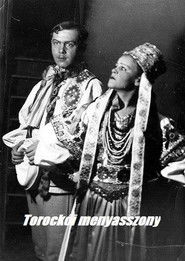 Andrs and Rzsi have been engaged...
Andrs and Rzsi have been engaged...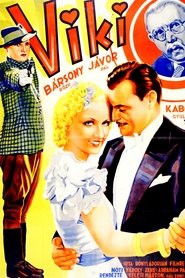
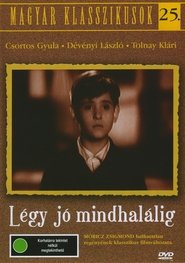 The story follows the life of...
The story follows the life of...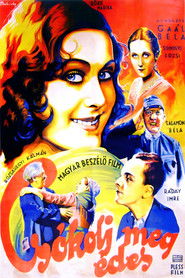 The director discusses film subjects with...
The director discusses film subjects with...